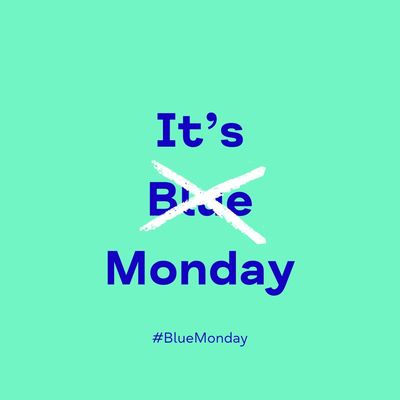According to the charity CABA, which supports the wellbeing of the chartered accountant community, stress is a major problem within the industry – and the Covid-19 pandemic has only made things worse.
Even before coronavirus, CABA’s research showed that around 40% of the accountants they surveyed were feeling close to breaking point because of workplace stress.
And during the pandemic itself, a separate study by Accounting Web found that over half of accountants and bookkeepers were experiencing concerning levels of stress. Now that lockdown measures have eased and daily life gradually goes back to ‘normal’, this doesn’t mean that these mental health issues have eased.
This is why CABA has released or updated a number of resources aimed at combatting work-related stress in the accountancy sector. Alongside the City Mental Health Alliance (CMHA) Guide to Thriving at Work, CABA has also published its own guidance for chartered accountants experiencing high levels of stress.
Practical everyday tips for reducing work-related stress
If you work in accountancy and stress is becoming a real concern, CABA has some useful advice to help you acknowledge and deal with the problem:
· Know your limits
Many of try to push on through an unrealistically heavy workload, even though working longer or harder often makes no difference. This situation will never resolve itself until you admit that you can’t possibly do it all. This simple yet hugely important realisation will help you to take back control of your schedule, and have the confidence to say ‘no’ to extra work.
· Prioritise
Also known as workload triage, picking and prioritising the most important tasks will help you manage your time better. It also means accepting that some of the smaller, less important tasks on the list may be left undone at the end of the day.
A good way to manage your workload is by using the Franklin-Covey method of prioritising. This involves marking tasks by urgency and importance, in a simple 1-4 or A-D scale.
· Manage your deadlines
Deadlines are one of the biggest sources of workplace stress, especially when meeting them is pretty much impossible. If this is the case, don’t push yourself to breaking point or worry yourself to distraction. Instead, see if anything can be done about it – speak to your manager about extending the deadline or adjusting the work so it’s more achievable in the timescale.
For future projects, it’s also a good idea to think more carefully about deadlines and whether they are realistic before agreeing to stick to them.
· Look after yourself
You might not think you have a second to spare in a busy working day for self-care, but it’s critical. In fact, taking regular breaks can actually improve your performance, helping you to feel refreshed and focused. Also, if you’re struggling, don’t be afraid to ask for help. Suffering in silence is the worst thing you can do, and speaking to your manager isn’t admitting defeat – it’s a positive step towards resolving the situation.
If it’s time for a change of role, find your dream accountancy job in a supportive new workplace with Sewell Wallis. Get in touch or start your job search here.
.jpg)
.jpg)












.png)